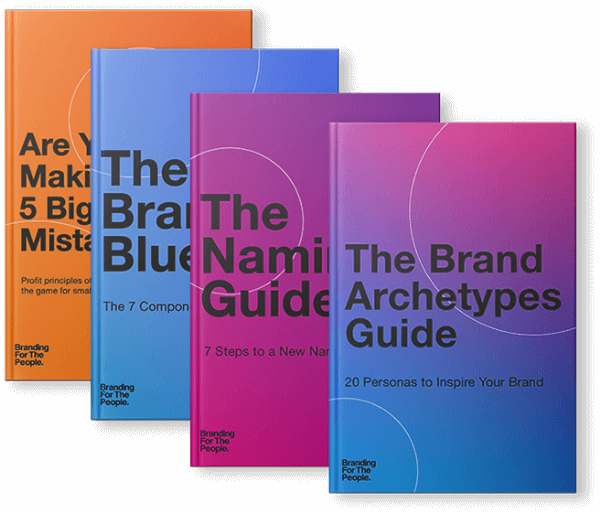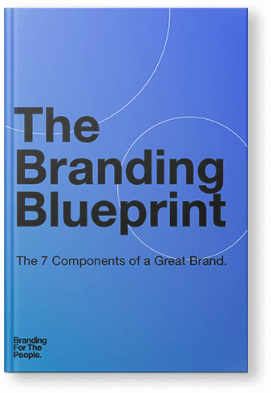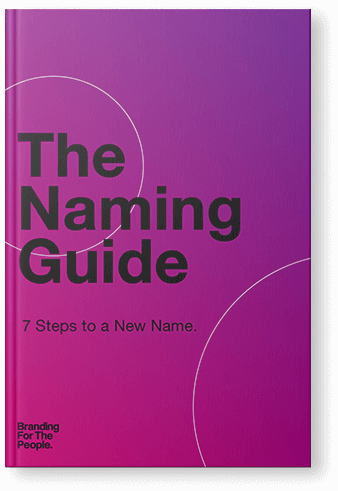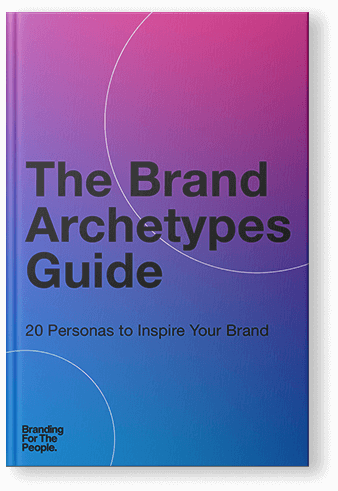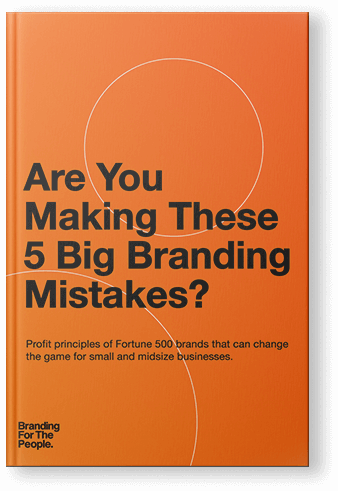Are you more likely to support, recommend, or buy from a brand that is “original” or a “knock-off”? As a brander, you might speculate that I’m a fan of brands that seek innovative ways to stay relevant and extend their brand.
I’m an advocate of entrepreneurs thinking outside of the box. I’m a proponent of “originality.”
Think about Richard Branson. What did he do in the travel industry? He merged the concept of nightclubs and lounges with an airline to create Virgin America. From the check-in process, flight crew, seating, food options, and media experience, are all unlike other airlines. If you’ve flown Virgin America before, you know what I mean. If you haven’t yet, you should experience it as some point in your life.
Now, let’s look at the Cronut™.
If you haven’t heard of it, the Cronut™ is New Yorker Dominique Ansel’s trademarked idea that merges a doughnut with a croissant. Offered at $5, the Cronut™ has been a huge viral sensation.
But, here’s the thing with innovation. There is always someone who will copy it.
Case in point. The Cronut™ has inspired many knockoffs. In a recent NBC News Article, Dunkin’ Donuts plans to roll out a croissant-doughnut hybrid in the U.S. next week for a limited time starting November 3rd. However, they say, “please don’t call it a Cronut.
Did they “borrow” the idea from Dominique? Perhaps, we’ll never know.
But, there are a few things you should know, as you think about your brand.
(And this applies to you whether you’re a service-based professional, e.g., consultant, agent, coach, advisor, marketer, therapist, nutritionist, speaker, author; or, you’re a small business owners that sells jewelry, clothes, or consumer products)
1. People support originality.
With hundreds of other entrepreneurs saying the same thing as you, what else do you have to say makes you original?
- You’re good at what you do?
- You’re relationship-focused?
- You focus on quality or results?
Sure, these may ALL be important, but these all become less “original” in the context of the competitive landscape. The idea is to position your brand around what makes YOU unique. That is, what makes YOU original?
Ask yourself: Would you rather be known as a knock-off or an original?
2. Trademark your innovation.
I can’t stress this enough. Many entrepreneurs think hiring attorneys is an unnecessary “expense.” I would re-frame this thinking by looking at attorneys as “partners” in your business — people who will protect you, your business, and your brand assets.
Thankfully, Dominique trademarked Cronut™. He won’t be able to stop people from copying his ideas, but he can certainly go after those who do.
So, here’s a reminder: If you’re truly a business owner, hire an attorney to protect your brand assets.
3. Monitor other companies who “borrow” (i.e. “steal”) your brand assets.
I have direct experience with trademark infringement. I’ve also had many reports from some of my private clients who had to deal with trademark infringement.
One might contest that monitoring other companies is coming from a scarcity mindset. Well, I do believe in abundance for all, but the issue here is integrity.
When it comes to innovation, ask yourself:
- If you come up with a cool idea, and someone else copies it and builds a profitable business, what would you do?
- If you do all the hard work to invent, create or build something original, only for someone else to take a shortcut and use your ideas to profit, what would you do?



